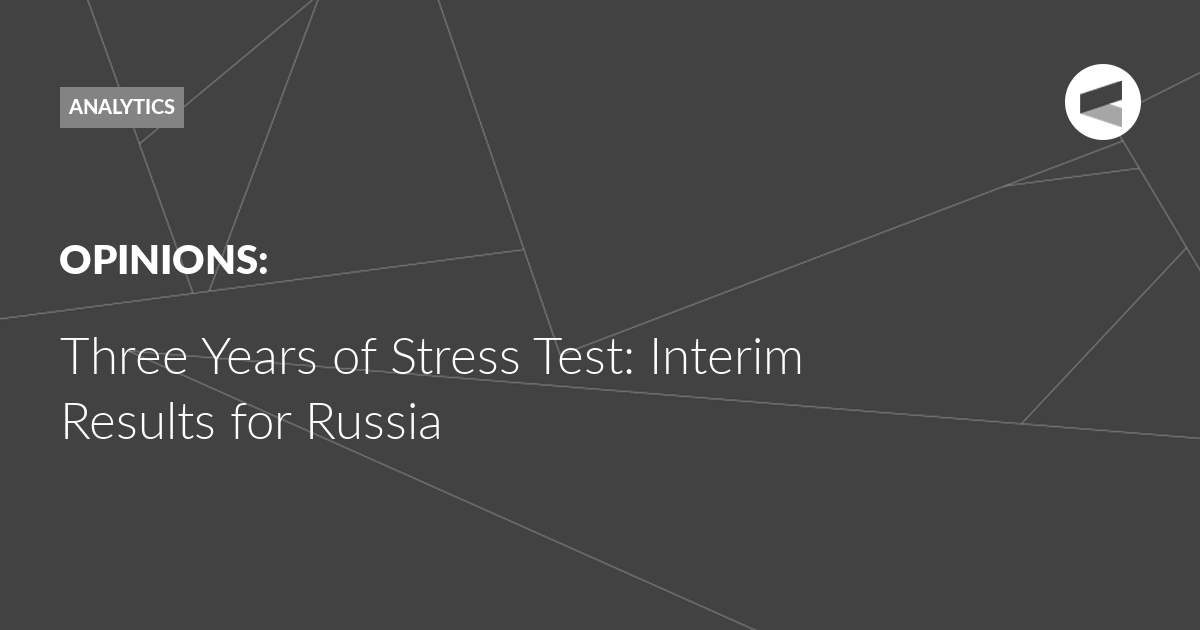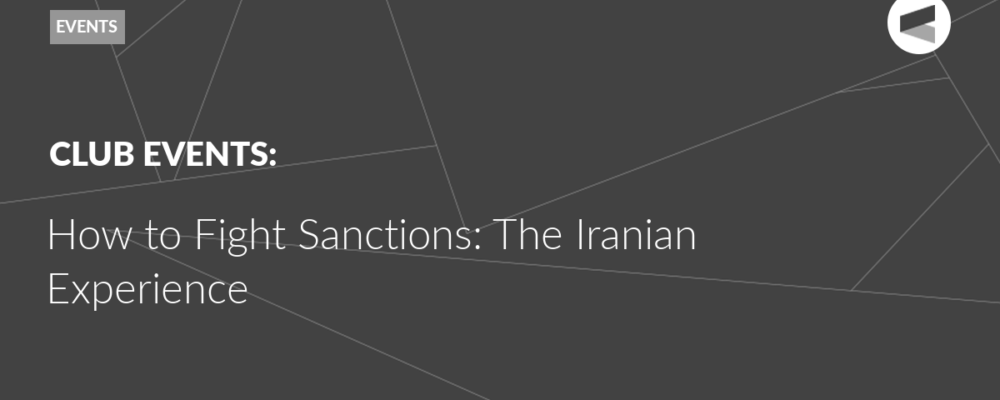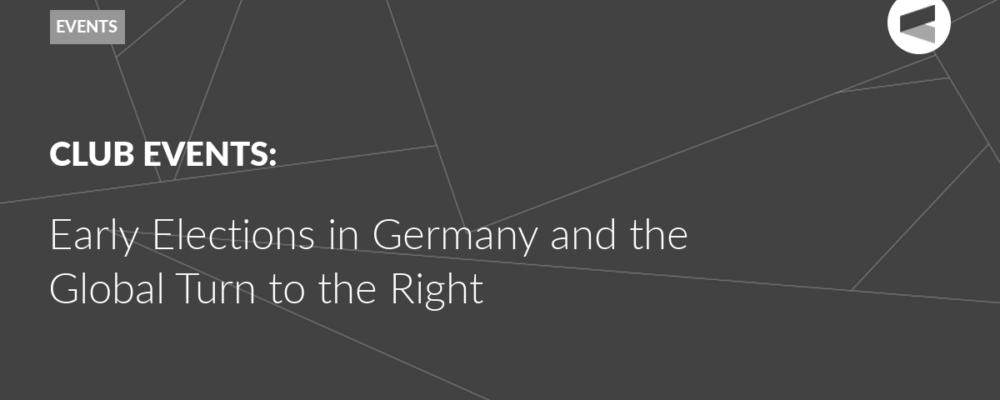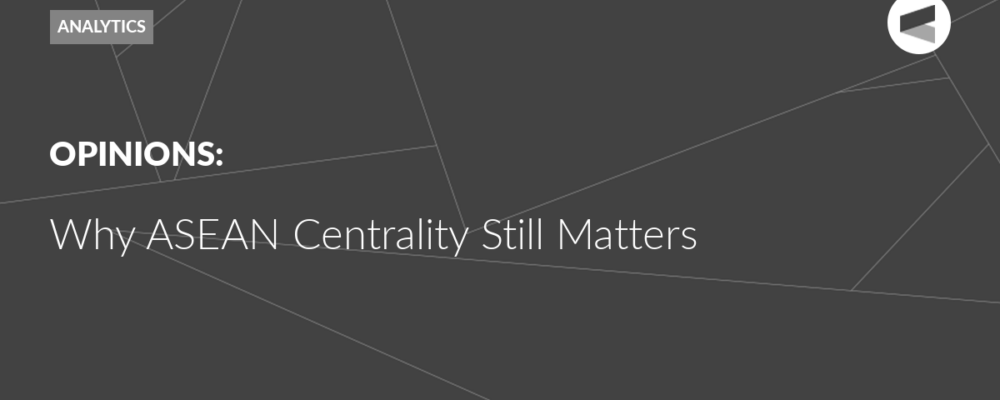Each party at the negotiating table holds a strong position in its own regard, and neither approaches the dialogue from a place of weakness. Each understands its interests and is ready to engage in discussions about them. It appears to be the first time in a very long while that Russia and the US are entering negotiations with such a mindset, writes Valdai Club Programme Director Ivan Timofeev.
The negotiations between Vladimir Putin and Donald Trump marked a step toward resolving the Ukrainian conflict. However, the outcomes remain uncertain. A reversal could occur at any moment, given the multitude of unresolved, accumulated issues. The flawed legacy of the European security system will continue to weigh heavily on the prospects of normalization for the foreseeable future. Nevertheless, a window of opportunity for achieving peace remains open. The motivation to seize such opportunities may hinge on the interim outcomes Russia has achieved thus far and the potential scenarios that could unfold if hostilities persist.
Among the key results, the most striking is Russia’s demonstrated readiness to use force to defend its interests in Europe. For three decades following the Cold War, Russia’s military capacity to protect its positions was rarely taken seriously. The special military operation shattered this perception. It revealed that security relations with the West had reached an impasse, leaving no viable alternatives – at least from Russia’s perspective. It became evident that the use of force and a large-scale conflict in Europe are real possibilities, meaning Moscow’s demands and concerns can no longer be dismissed with vague assurances. Russia is prepared to endure significant losses and risks to safeguard its fundamental security interests. There will be no further retreat, even if it means saving face.
In the realm of diplomacy, a notable outcome has been the absence of any significant anti-Russia coalitions involving non-Western nations. While the West has consolidated around an anti-Russian stance, it has failed to draw other global players into such a coalition. China, India, Brazil, South Africa, and others have distanced themselves from the sanctions policy. Although businesses in these countries fear secondary US sanctions and are not always willing to engage with Russia, their governments have refrained from imposing anti-Russian restrictions. Trade with many countries in the Global South has surged. These nations have not adopted a pro-Russian position, nor has a unified anti-Western front emerged. However, questions about diversifying global finance, trade, and political institutions are now being taken far more seriously. Ultimately, the cohesion of the Western coalition itself has begun to falter.
The Valdai Discussion Club was established in 2004. It is named after Lake Valdai, which is located close to Veliky Novgorod, where the Club’s first meeting took place.
Please visit the firm link to site






